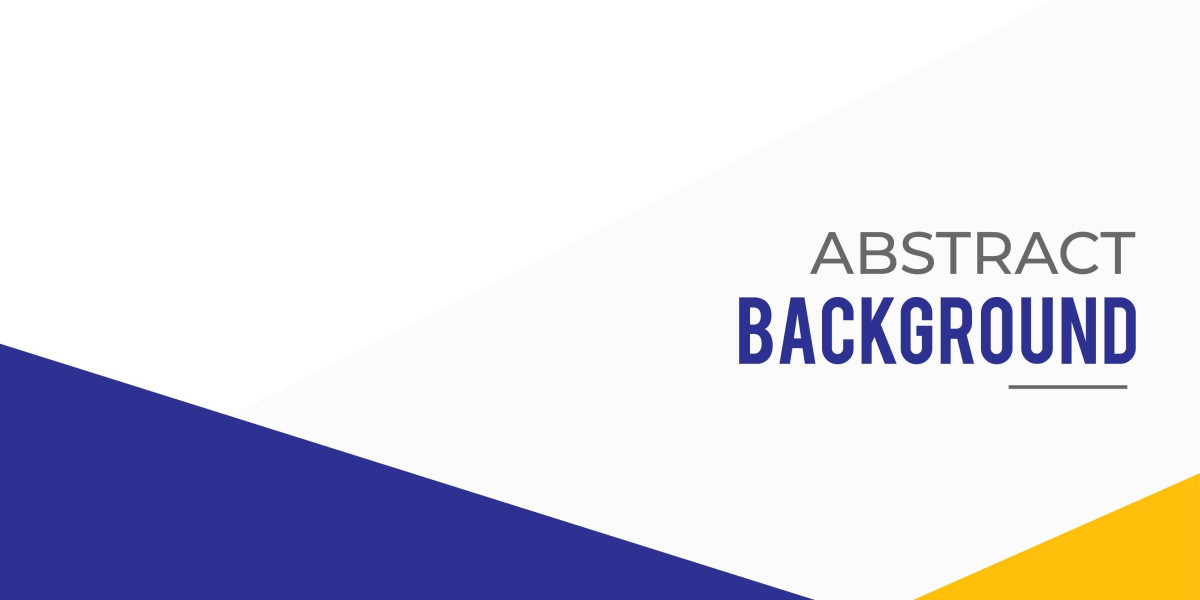Expert System (AI) is reinventing education while making finding out more accessible but likewise stimulating debates on its impact.

While trainees hail AI tools like ChatGPT for boosting their knowing experience, speakers are raising issues about the growing dependence on AI, which they argue fosters laziness and weakens scholastic stability, forum.altaycoins.com specifically with many trainees unable to defend their tasks or given works.

Prof. Isaac Nwaogwugwu, a speaker at the University of Lagos, forum.altaycoins.com in an interview with Nairametrics, revealed frustration over the growing dependence on AI-generated actions among students stating a recent experience he had.
RelatedStories
Avoid sharing personal details that can recognize you with AI tools- Expert cautions
Chinese AI app DeepSeek triggers worldwide tech selloff, difficulties U.S. AI supremacy
"I offered an assignment to my MBA trainees, and out of over 100 trainees, about 40% sent the specific very same responses. These students did not even know each other, however they all used the very same AI tool to generate their reactions," he said.
He noted that this pattern prevails among both undergraduate and postgraduate students but is particularly concerning in part-time and range learning programs.
"AI is a serious obstacle when it comes to projects. Many trainees no longer think critically-they just go on the internet, create responses, and submit," he included.
Surprisingly, some lecturers are also implicated of over-relying on AI, setting a cycle where both teachers and students turn to AI for benefit rather than intellectual rigor.
This dispute raises vital questions about the role of AI in scholastic stability and student development.
According to a UNESCO report, while ChatGPT reached 100 million regular monthly active users in January 2023, only one nation had launched policies on generative AI since July 2023.
Since December 2024, ChatGPT had more than 300 million people using the AI chatbot each week and 1 billion messages sent every day all over the world.
Decline of scholastic rigor
University lecturers are significantly concerned about students submitting AI-generated assignments without genuinely comprehending the material.
Dr. Felix Echekoba, a speaker at Nnamdi Azikiwe University, asteroidsathome.net revealed his issues to Nairametrics about students significantly counting on ChatGPT, just to have a hard time with answering standard questions when tested.
"Many trainees copy from ChatGPT and send sleek assignments, but when asked standard concerns, they go blank. It's disappointing because education is about discovering, not just passing courses," he said.
- Prof. Nwaogwugwu pointed out that the increasing number of first-rate graduates can not be totally attributed to AI however admitted that even high-performing students use these tools.
"A first-rate student is a superior student, AI or not, however that doesn't suggest they do not cheat. The advantages of AI might be peripheral, but it is making trainees reliant and less analytical," he said.
- Another lecturer, Dr. Ereke, from Ebonyi State University, raised a different concern that some speakers themselves are guilty of the very same practice.
"It's not just trainees using AI slackly. Some lecturers, out of their own laziness, produce lesson notes, course lays out, marking schemes, and even examination concerns with AI without examining them. Students in turn utilize AI to generate answers. It's a cycle of laziness and it is eliminating genuine learning," he regreted.
Students' viewpoints on usage
Students, on the other hand, prawattasao.awardspace.info state AI has actually improved their knowing experience by making academic products more reasonable and accessible.
- Eniola Arowosafe, a 300-level Business Administration trainee at Unilag, shared how AI has actually substantially helped her knowing by breaking down complex terms and providing summaries of prolonged texts.
"AI helped me understand things more quickly, especially when dealing with complicated subjects," she discussed.
However, she recalled an instance when she used AI to send her task, just for her lecturer to instantly acknowledge that it was generated by ChatGPT and reject it. Eniola kept in mind that it was a good-bad result.
- Bryan Okwuba, who recently graduated with a first-rate degree in Pharmacy Technology from the University of Lagos, strongly believes that his scholastic success wasn't due to any AI tool. He associates his exceptional grades to actively interesting by asking concerns and focusing on areas that lecturers emphasize in class, as they are frequently reflected in exam concerns.
"It's all about being present, paying attention, and taking advantage of the wealth of understanding shared by my coworkers," he stated,
- Tunde Awoshita, a final-year marketing trainee at UNIZIK, confesses to occasionally copying directly from ChatGPT when facing multiple deadlines.
"To be sincere, there are times I copy straight from ChatGPT when I have numerous due dates, and I know I'm guilty of that, most times the speakers do not get to review them, but AI has actually also assisted me find out quicker."
Balancing AI's function in education
Experts think the solution depends on AI literacy; mentor students and speakers how to utilize AI as a knowing help rather than a faster way.
- Minister of Education, Dr. Tunji Alausa, highlighted the integration of AI into Nigeria's education system, worrying the value of a well balanced method that preserves human participation while utilizing AI to enhance learning outcomes.
"As we browse the quickly progressing landscape of Expert system (AI), it is important that we prioritise human company in education. We should make sure that AI improves, instead of replaces, educators' crucial role in forming young minds," he stated
Concerns over AI in Learning
Dorcas Akintade, a cybersecurity change professional, attended to growing concerns concerning making use of artificial intelligence (AI) tools such as ChatGPT and their prospective threats to the instructional system.
- She acknowledged the benefits of AI, however, stressed the requirement for care in its use.
- Akintade highlighted the increasing hesitance among teachers and schools towards incorporating AI tools in discovering environments. She identified two main reasons AI tools are prevented in instructional settings: security risks and plagiarism. She discussed that AI tools like ChatGPT are trained to respond based upon user interactions, which might not line up with the expectations of educators.
"It is not looking at it as a tutor," Akintade stated, explaining that AI doesn't cater to specific teaching methods.
Plagiarism is another concern, as AI pulls from existing information, frequently without proper attribution
"A great deal of individuals require to understand, like I said, this is data that has been trained on. It is not simply bringing things out from the sky. It's bringing information that some other people are fed into it, which in essence means that is another person's documents," she cautioned.
- Additionally, Akintade highlighted an early concern in AI development referred to as "hallucination," where AI tools would produce information that was not factual.
"Hallucination meant that it was bringing out information from the air. If ChatGPT could not get that info from you, it was going to make one up," she discussed.
She advised "grounding" AI by offering it with particular information to avoid such errors.
Navigating AI in Education
Akintade argued that banning AI tools outright is not the service, especially when AI provides an opportunity to leapfrog standard instructional approaches.
- She thinks that regularly enhancing key details helps people remember and prevent making mistakes when faced with challenges.
"Immersion brings conversion. When you inform individuals the same thing over and over again, when they are about to make the mistakes, then they'll remember."
She also empasized the need for clear policies and procedures within schools, noting that numerous schools must deal with individuals and procedure elements of this usage.
- Prof. Nwaogwugwu has turned to in-class tasks and tests to counter AI-driven scholastic dishonesty.
"Now, I generally utilize projects to make sure students provide initial work." However, he acknowledged that managing large classes makes this approach tough.
"If you set complex concerns, trainees won't have the ability to use AI to get direct responses," he described.

He highlighted the need for universities to train lecturers on crafting examination concerns that AI can not easily solve while acknowledging that some lecturers struggle to counter AI abuse due to an absence of technological awareness. "Some speakers are analogue," he said.
- Nigeria released a draft National AI Strategy in August 2024, concentrating on ethical AI advancement with fairness, openness, responsibility, and personal privacy at its core.
- UNESCO in a report requires the guideline of AI in education, bphomesteading.com recommending organizations to investigate algorithms, data, and outputs of generative AI tools to guarantee they meet ethical requirements, protect user data, and filter unsuitable content.
- It stresses the requirement to examine the long-term impact of AI on vital abilities like believing and creativity while creating policies that line up with ethical frameworks. Additionally, UNESCO suggests executing age limitations for GenAI use to safeguard more youthful students and secure vulnerable groups.
- For federal governments, it encouraged adopting a coordinated national approach to managing GenAI, consisting of developing oversight bodies and aligning regulations with existing data protection and personal privacy laws. It highlights examining AI threats, implementing stricter guidelines for high-risk applications, and ensuring nationwide data ownership.
.jpg)








